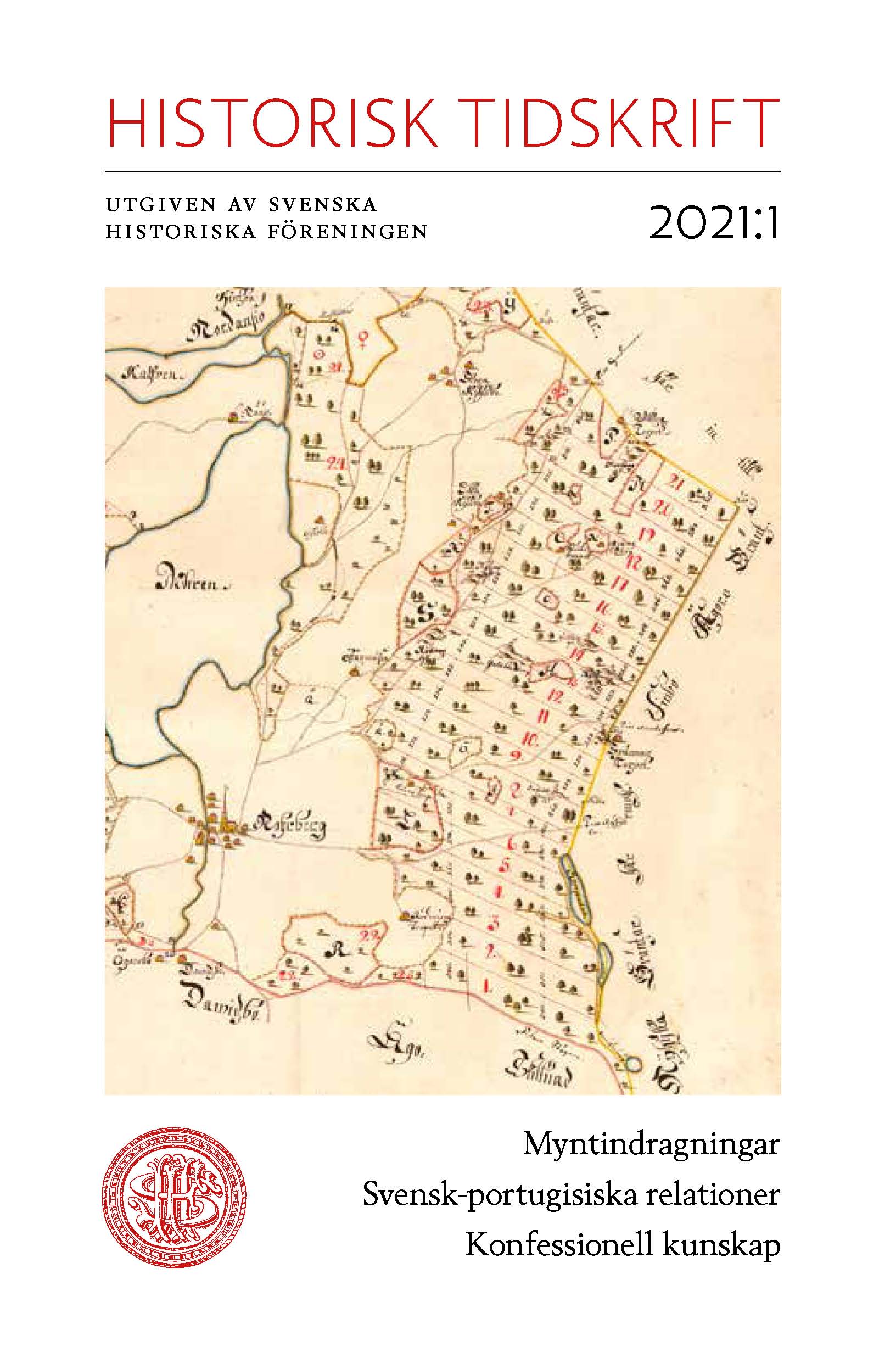Abstract
The primitive accumulation of capital in Sweden? A pilot study of boundaries in forests and wastes 1600–1900
The privatization of the commons has been widely discussed internationally. For Marx, the process constituted “the primitive accumulation of capital” that drove people to the factories. For Hardin, the commons were the epitome of how the lack of individual ownership results in overexploitation and collapse, the “tragedy of the commons”. In Swedish rural history, however, the privatization of the commons has hardly been examined at all.
This pilot study attempts an overview of the enclosure of the commons between 1600 and 1900 based on cadastral maps. The source material includes approximately 4 000 maps from 423 parishes, mostly in the southern and central parts of the country.
The study shows how the property formation of the commons throughout the early modern and modern era functioned as a prime mover in the country’s economic modernization: during the expansion of mining in eastern and central Sweden in the 17th and 18th centuries; during the development of agriculture in the agrarian regions of western Sweden after 1750; and during the growth of the lumber industry in Northern Sweden during the second half of the 19th century. The study also establishes the dual role of the state in the process. On the one hand, the state promoted enclosures and privatization through radical legislation. On the other hand, ever since the Middle ages the state made claims of its own on common resources.
On a theoretical level, the article discusses property rights and their social and economic significance. The development analysed in this study differs from Marx’s classical trajectory. Enclosure in Sweden hardly pushed people away, but was rather a pull factor as a greater workforce was needed to exploit the resources of former commons. Still, we argue that the enclosures of the commons in Sweden could be understood as a primitive accumulation of capital. As dormant economic resources were freed up, opportunities in mining, forestry and agriculture grew. Just as in the English case described by Marx, rampant social polarization ensued.

